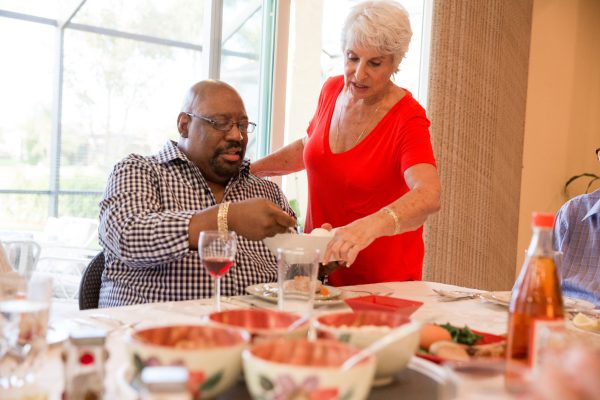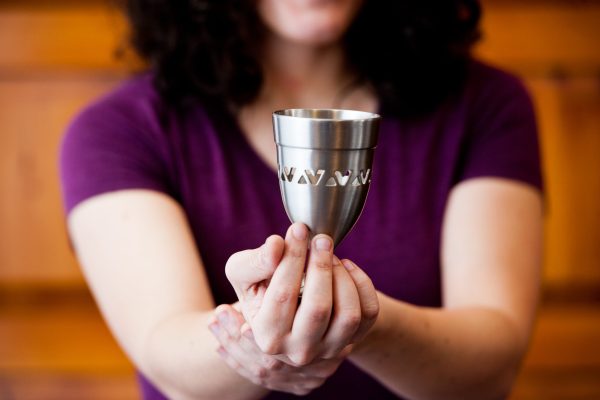The Jewish Council for Public Affairs and Mazon, A Jewish Response to Hunger, are urging individuals and organizations to hold a Child Nutrition Seder during March or early April. Although these are U.S. organizations, and the haggadah makes references pertaining to the U.S., it is adaptable to all countries.
The following is an excerpt from the haggadah. To download the complete publication, click here.
Ten Plagues
(READER) The Torah teaches of ten plagues that were unleashed against the Egyptians. As we read them aloud, we dip a finger into the wine and shake a drop of wine onto a plate for each plague mentioned. This custom is to remind us that our cup of happiness cannot be full to overflowing if our freedom means the suffering of others, even our enemies. When the angels rejoiced in the drowning of the Egyptians, God rebuked them, saying, “Are these not my people also, and the work of my hands?“ We grieve for the suffering of the Egyptians and the suffering of all those children of God throughout the ages.
(ALL) We dip our finger into the wine for the plague of hunger, which is centuries old but exists in our time and has become our responsibility. Each drop of wine represents how our humanity is diminished by the presence of hunger.
(Dip your finger in your glass and place a drop of wine on the plate for each plague.)
- The single mother who gives the last bits of food in the house to her child, while she goes hungry.
- The senior citizen (someone like my grandpa) who must choose between paying for medicine and paying for his lunch.
- The neighbor who never invites you over, because she cannot offer you food.
- The millions of people around the world who live in countries where famine and starvation is a common occurrence.
- The friend who feels alienated because he cannot join in on social events at restaurants.
- The woman who brings plastic bags to the Shabbat oneg to take home food for the rest of the week.
- The father who does not apply for food stamps for his family because he cannot understand the application system.
- The tons of edible food that remains in warehouses or is thrown away every day.
- The young couple in whose urban neighborhood there is no full-service grocery story, only fast food and convenience stores.
- Apathy – the biggest plague of all is the failure to make ending hunger a national priority; if we have the will to solve the problems of hunger in America, then we can solve it.
(READER) For all those who live with hunger, every day is Egypt. By telling the story of hunger, we bring awareness to the plight of our fellow citizens, as we seek to find and implement solutions.
(Participants fill wine cups for one another. Lift the second cup of wine (do not drink) and say:)
(ALL) From all of these plagues in our world, we seek repair and redemption.











